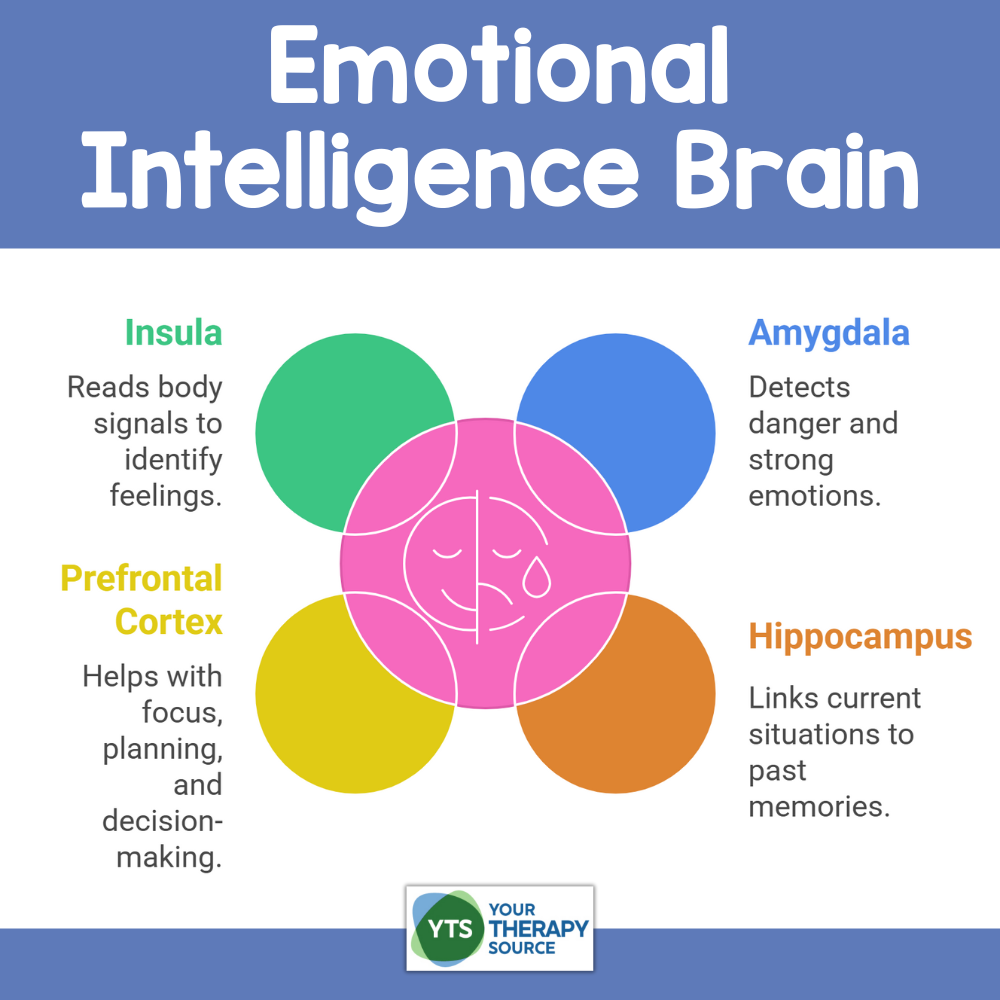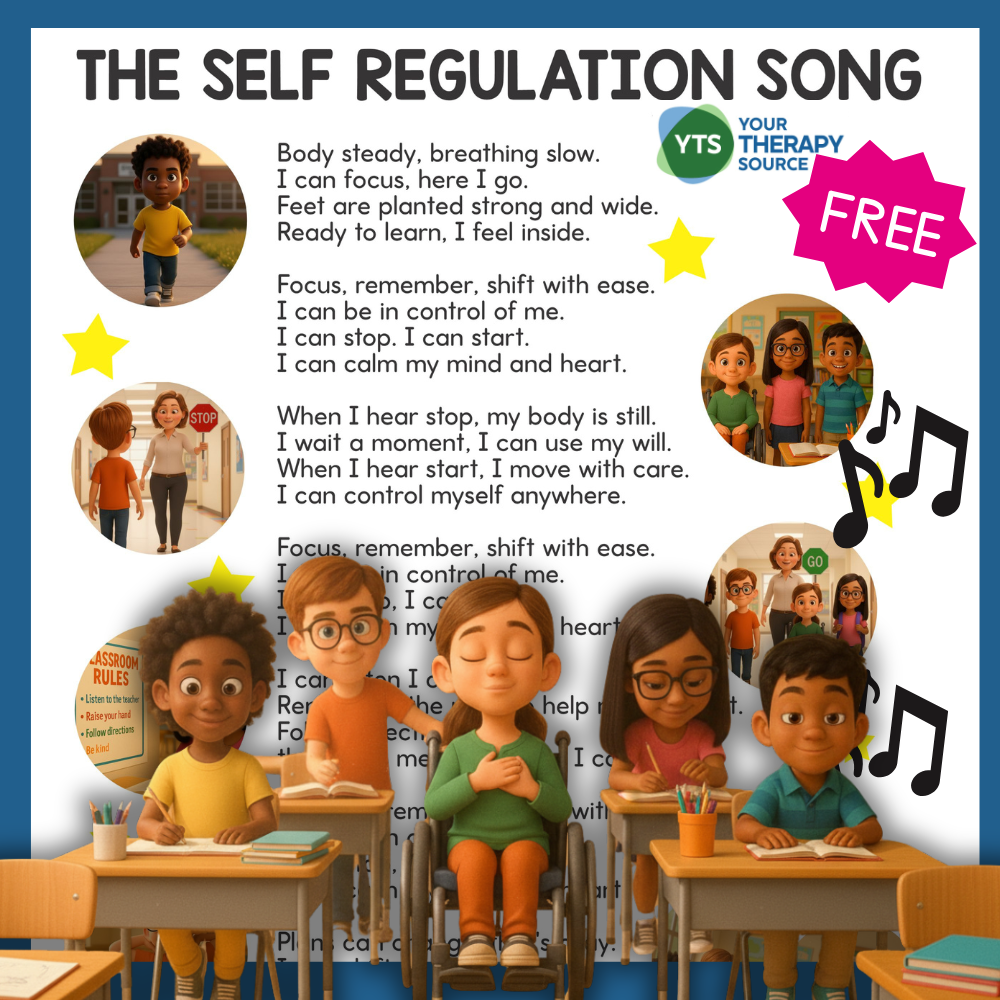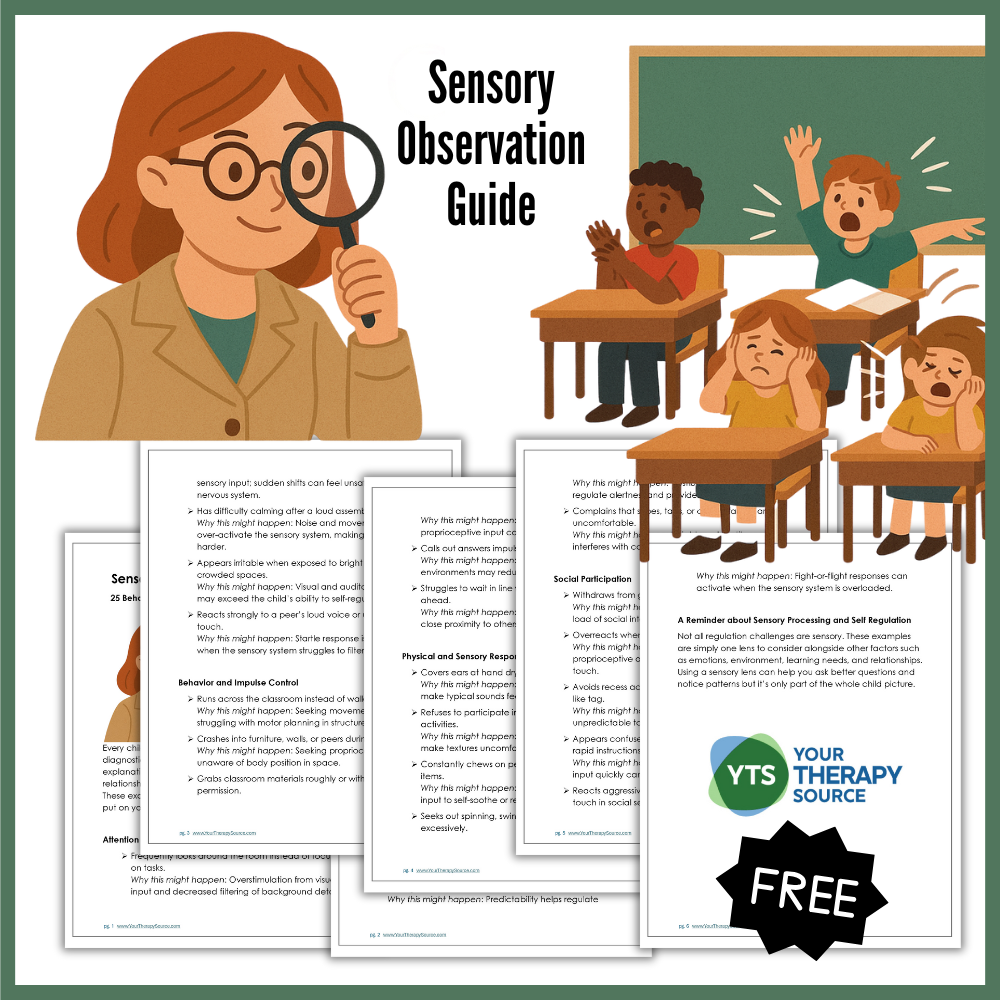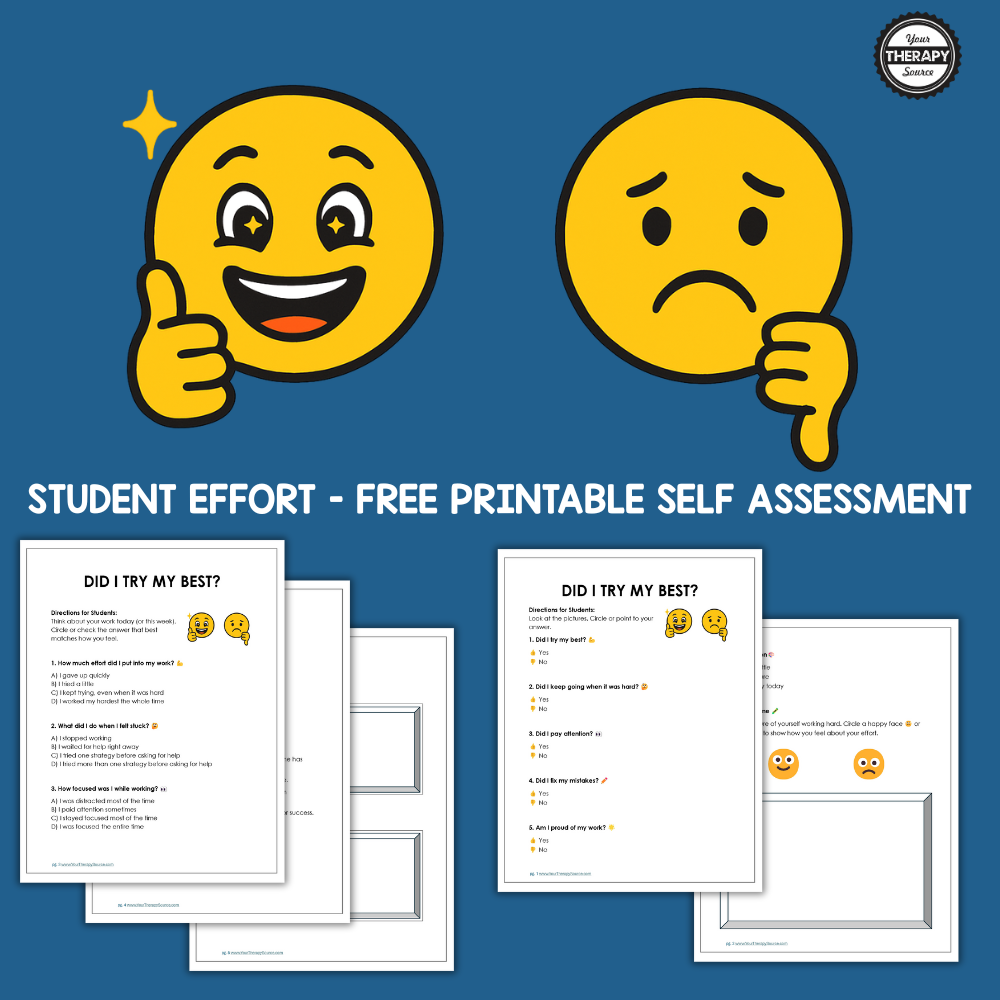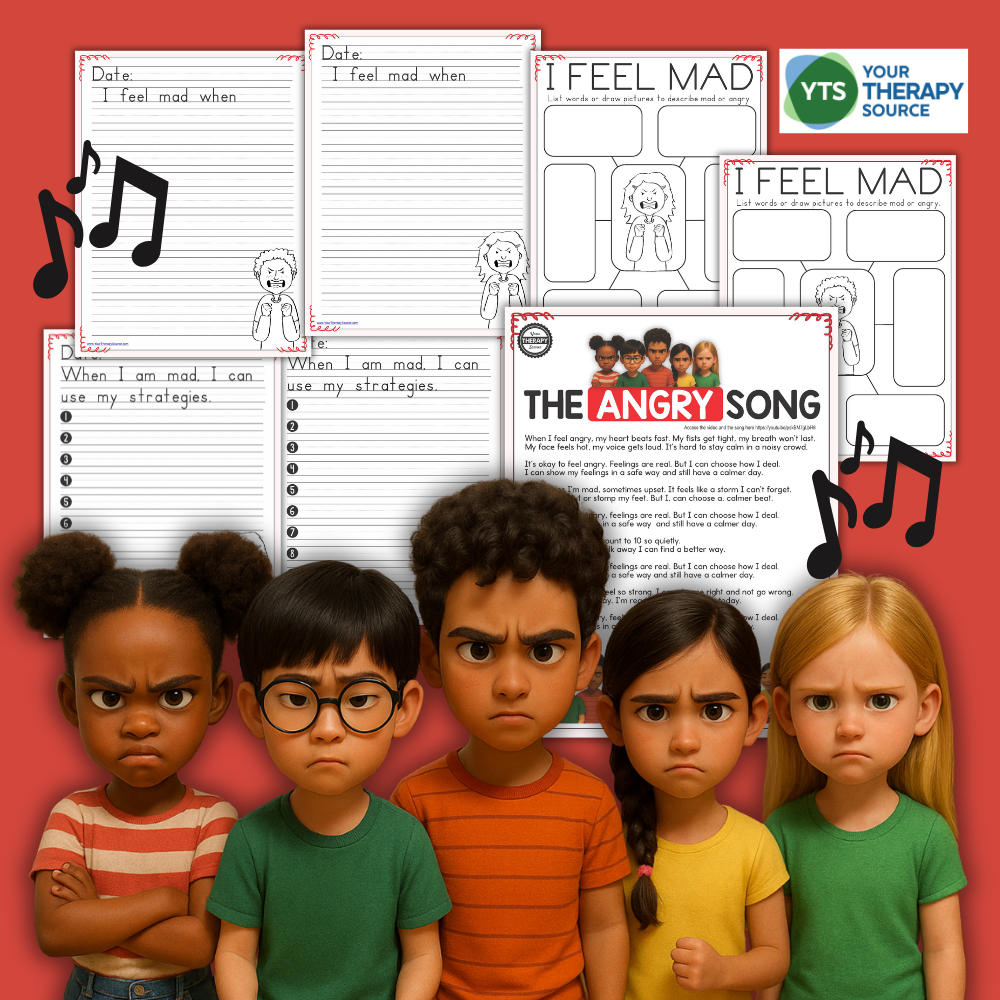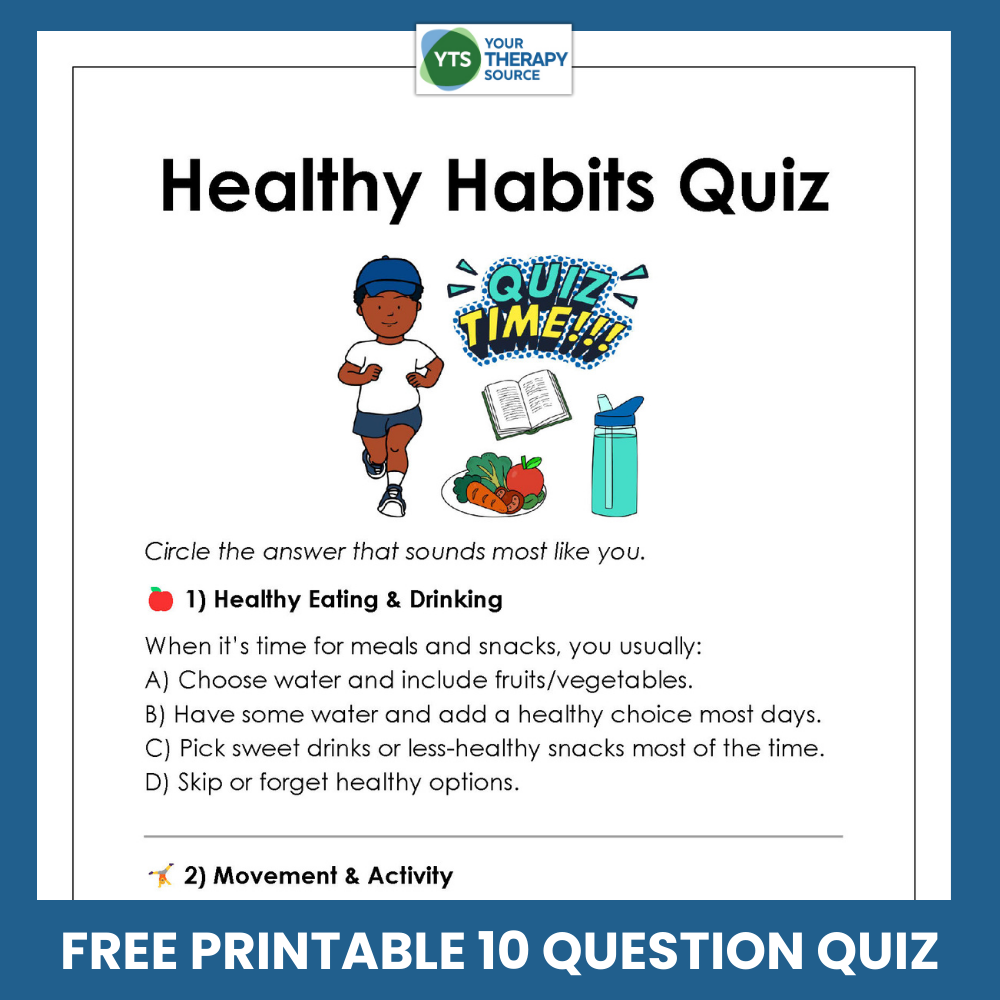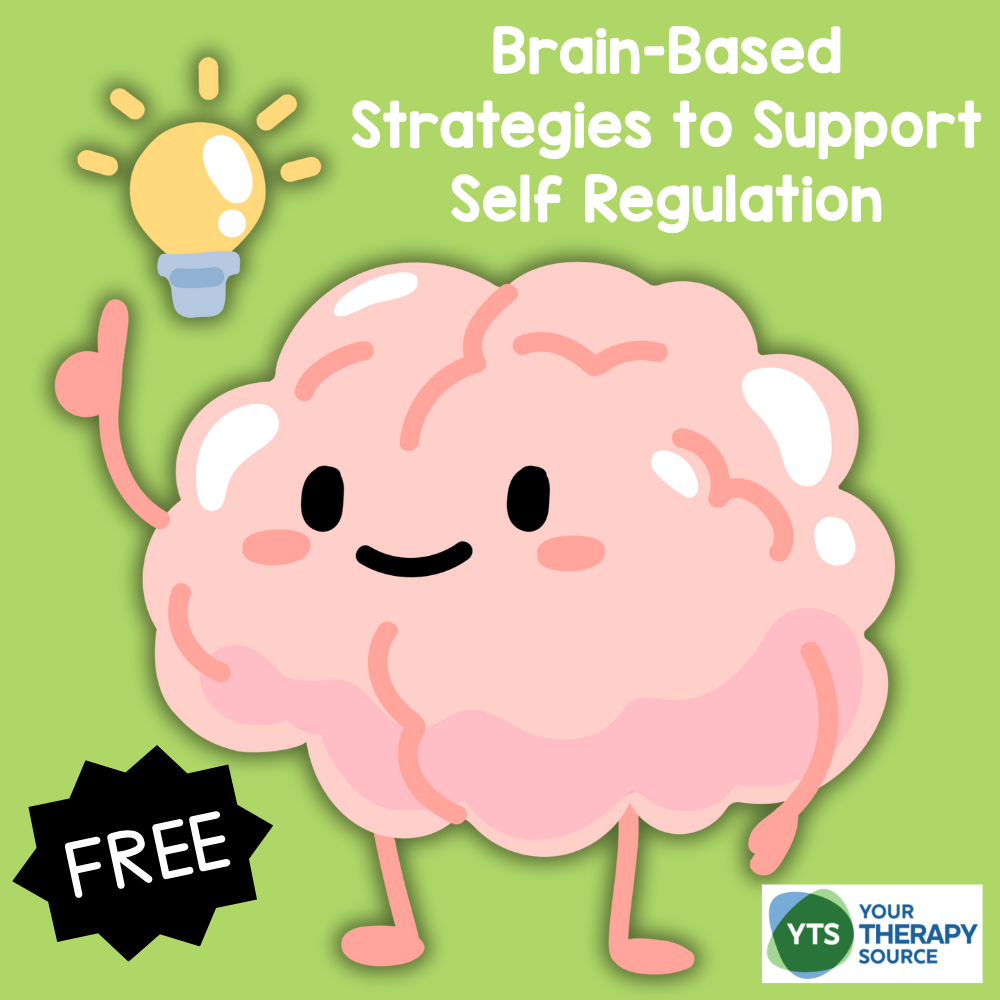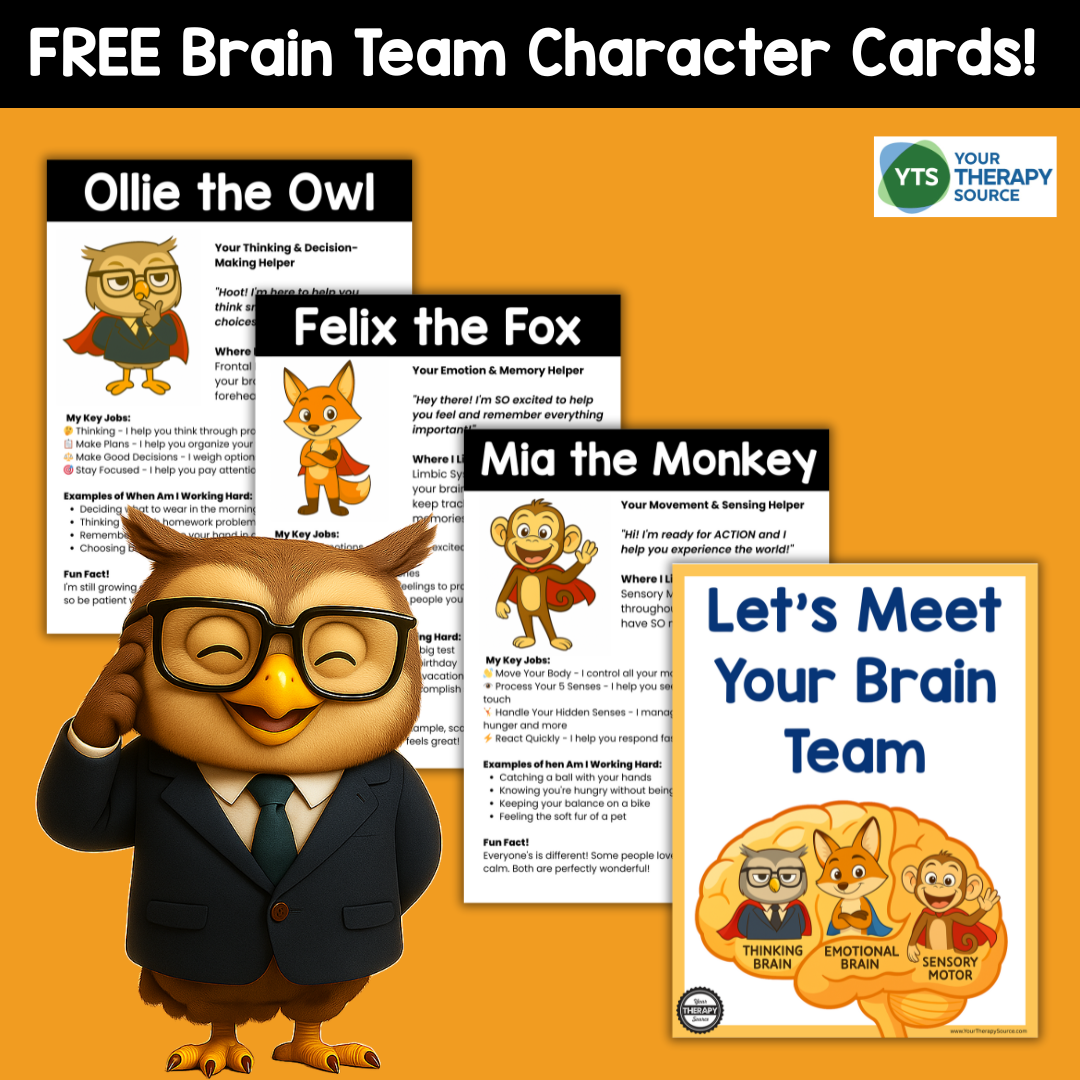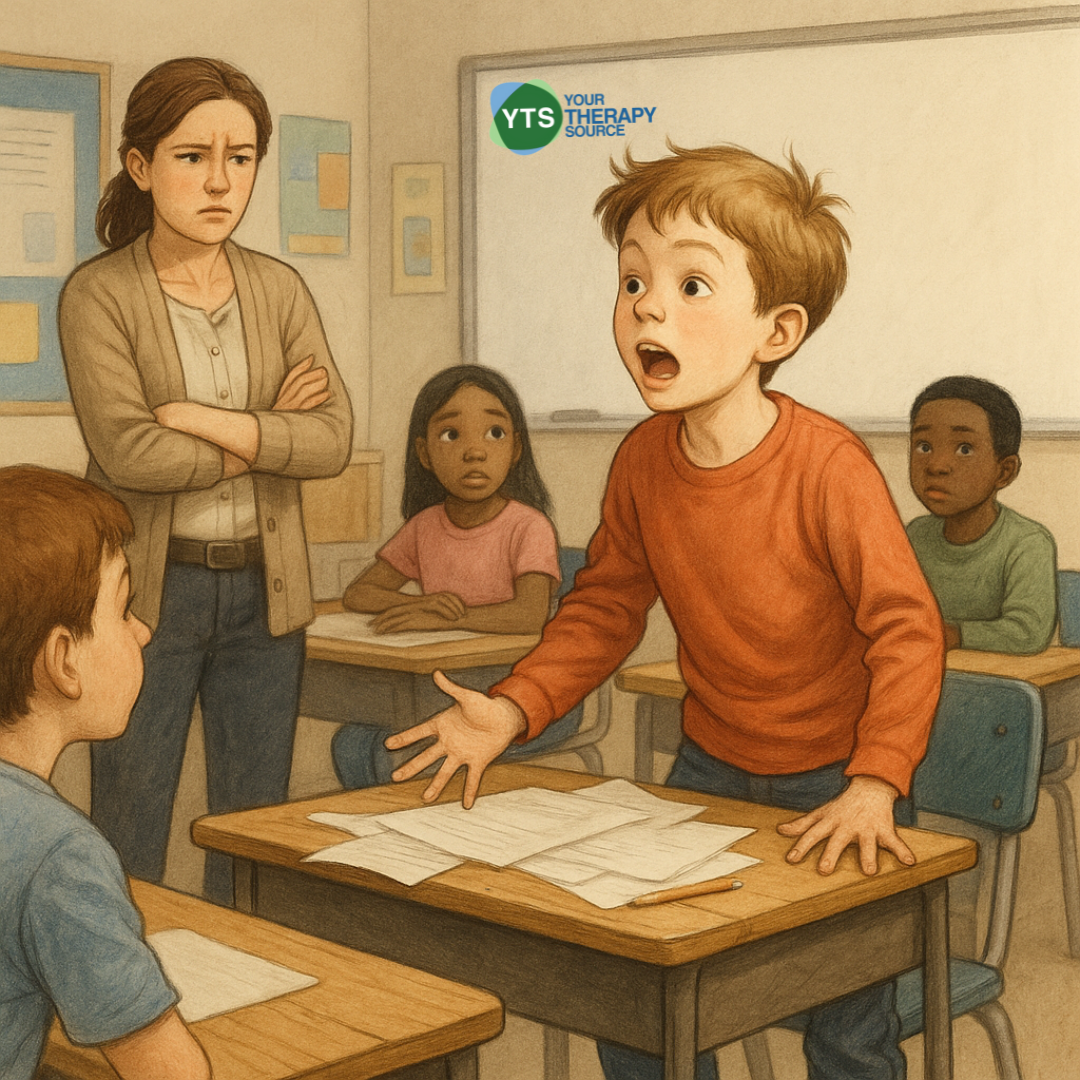Understanding the Emotional Intelligence Brain: How the Amygdala Shapes Student Behavior
When students seem to “snap,” shut down, or lose control, it is easy to assume they are being defiant or disrespectful. In reality, many of these reactions come from automatic processes inside the emotional intelligence brain, the system that helps us identify emotions, read social cues, and regulate behavior. At the center of this system […]

